- 32 Posts
- 34 Comments
I understand the general job market, but what about lisp prevents you from pursuing personal ventures with it?
Yeah Clojure is like the monkey’s paw of Lisp weenies. It adds many modern day niceties that are lacking in standard Scheme or Common Lisp, but also changes enough things to make it feel very un-lispy. I go back and forth as to whether or not I even consider it Lisp (Richard Stallman doesn’t).
But I do know that I’d rather write Clojure than any other non-lisp language.
I’d also recommend people try ABCL, which is Common Lisp on the JVM , or Parenscript which is Common Lisp that compiles to Javascript.
Lisp
It solves so many problems new languages have been invented to try and solve, while being simultaneously simpler than most

 102·5 months ago
102·5 months agoLook up what?

 121·5 months ago
121·5 months agoSource?
Emacs Orgmode

 3·7 months ago
3·7 months agoemacs org-mode publish
https://orgmode.org/worg/org-tutorials/org-publish-html-tutorial.html

 3·7 months ago
3·7 months agoemacs org-mode meets all of these criteria
Hell yeah I love HoF, one of my favorite bands of all time \m/.
Death is this communion is great, but my favorites are probably either this or their debut The Art of Self Defense.

 1·8 months ago
1·8 months agoI’ll never understand why we don’t just use s-expressions.

 1·8 months ago
1·8 months agoThanks!
Do you happen to know what certs would be most “applicable” in this case? Something like OSWE?

 2·8 months ago
2·8 months agoAny advice on requirements to have a shot at appsec jobs?
I have my sec+ and my job is devops. We do everything in AWS (no on prem at all). However I have no actual cyber experience. Our team is pretty small, so I do as much dev as anyone else and as much ops as anyone else (deploying/managing cloud infrastructure), including standard security stuff like IAM and network configuration. It’s also a small unknown company.
Is this enough to try and directly break into appsec, or do I need to start with another “cyber” role like SOC analyst or security engineer or something like that? I also plan on getting my OSCP at some point soon if that’s relevant.
I think I said something a bit stronger than what I meant. I’m not averse to sharing my thoughts on posts, I’ve just never held it against a post if the OP happens to not provide some comment containing their thoughts on it.
I do see what you’re saying about not knowing what something is, and not wanting to spend ~1 hour on it to find out. Though I still don’t think that’s what downvoting is for (unless you have positive evidence that it’s spam).
Mainly I disagree with “I’ll downvote it to make room for the posts that are definitely good”. That’s just very much not my philosophy and not one I ever took to be a majority view. Downvoting for me means the content is not good/appropriate/whatever. It’s a sign of negativity, and being not definitely good != being bad.
I appreciate you being the 1/8 to actually state their reason!
Everything seemed pretty self-explanatory to me in a community like this since:
- Videogame critiques on youtube are quite popular (and have been for years)
- Joseph Anderson is one of the most popular video game critics. His (second!) Fallout 4 critique has 10+ million views
- Lies of P is a very popular game which came out this year, and souls-likes in general are very popular games which people love to talk about
Also I wholehartedly disagree with downvoting something as spam when you have no idea what it is. And why do you need me to tell you what “we’re” doing here? It’s not for me to say whether this is a thread for roasting the game or praising it or anything else. I’m not sure I could even think of a more clear, straightforward title (and it’s simply the video title).
I also don’t feel it’s my obligation to share my thoughts on something I post. As OP I prefer for people to think for themselves and form their own opinion about the content.
I had the same thought lol
Yeah is there some specific reason that I’m missing? I’ve never posted something like this before anywhere on lemmy.

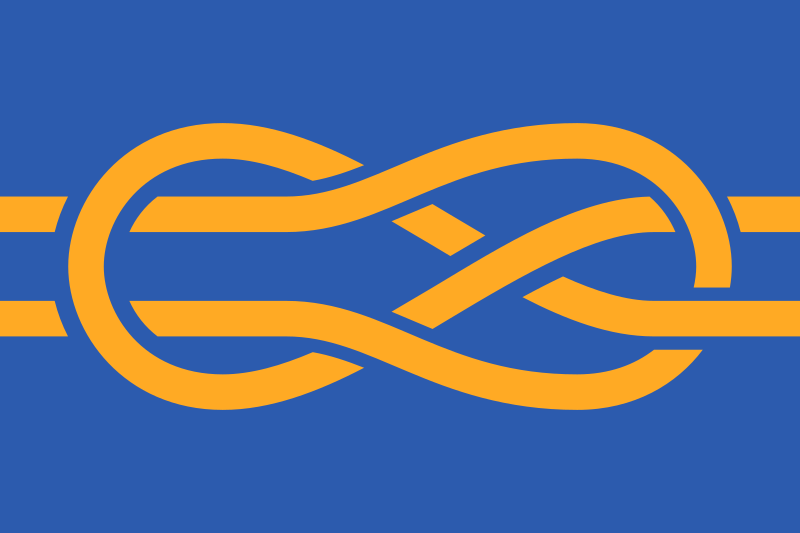 21·10 months ago
21·10 months agoI’m not trying to push an agenda. I don’t know what you mean by “picking and choosing writings”. I’m still not sure exactly what you’re saying.
If you’re saying there are no such thing as “founding fathers”, I think that’s just wrong in the sense that the myth of the founding fathers is a part of American culture and is taught in American schools. There is no “founding father” gene or element, but that doesn’t mean they don’t exist.
If you’re saying all the people who were delegates at those conventions are equally “founding fathers” because they helped forge the documents, then sure, I can respect that opinion. But some of those delegates undoubtedly played a significantly larger role in early American history than others (including the creation of those documents!). Hence why we learn about a select few of them, and not all ~100 (although I guess that would also be impractical in a school setting). The specific number 7 is a bit arbitrary, but ~10 were a lot more important than the rest.

 21·10 months ago
21·10 months agoSure there’s some degree of arbitriness to 7, but I don’t think you could reasonably claim it’s any less than 7, and 7 is even a number wikipedia throws around. Not that there are only 7, just that there are 7 particularly important ones.
I really just think the 13 the current US flag has looks too busy, but this is the only “American” number I could think of which was less than 13. If you have others I’d love to hear!
Can you say more about the stars? Are you against them being in a circle?
There’s not really any way to have them “fill up” the blue while still being in a circle (even if you change their sizes), unless you change the ratio of the blue, which would cause it to deviate from that of the flag itself. Maybe I can cook up a 2:3 version for ya.
As for the size of the stars, again they are in the maximum radius circle which fits in the blue, so can’t change their position, and making them any bigger would cause them to touch each other or at least feel cramped.
The stars in a circle in the blue is a classic American design which has been done on the flag before (besty ross, cowpens, etc.).






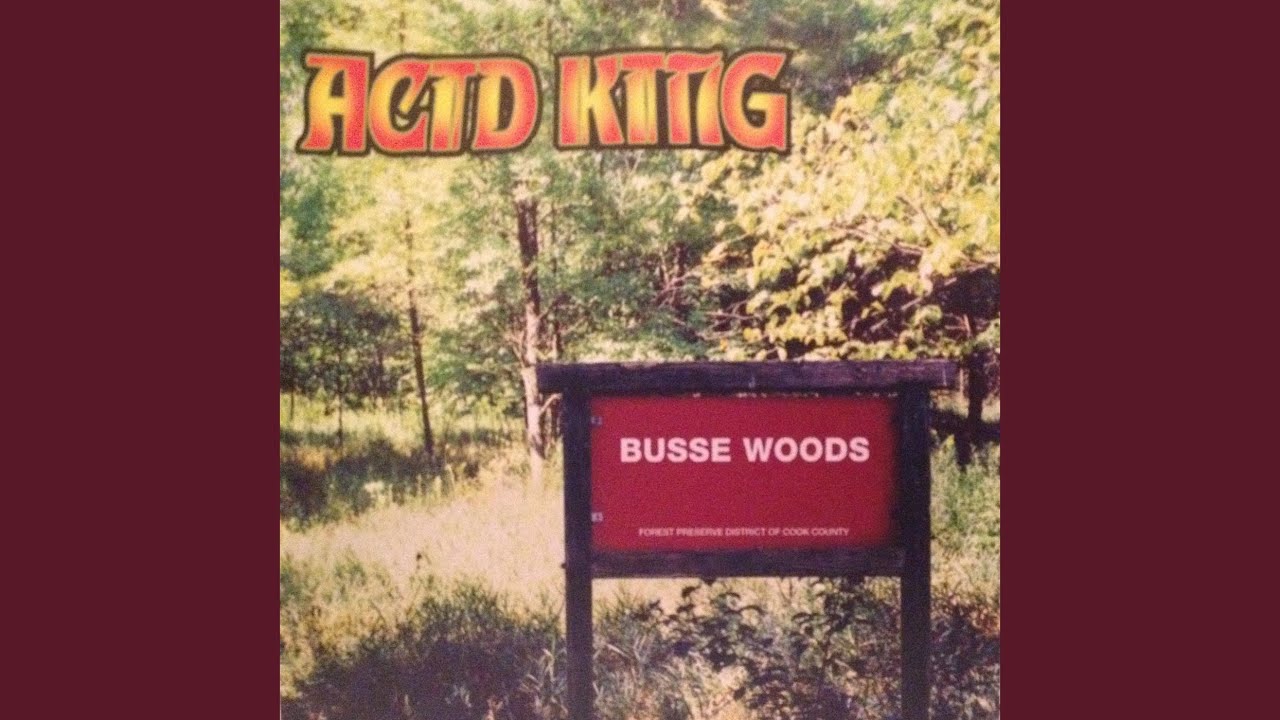
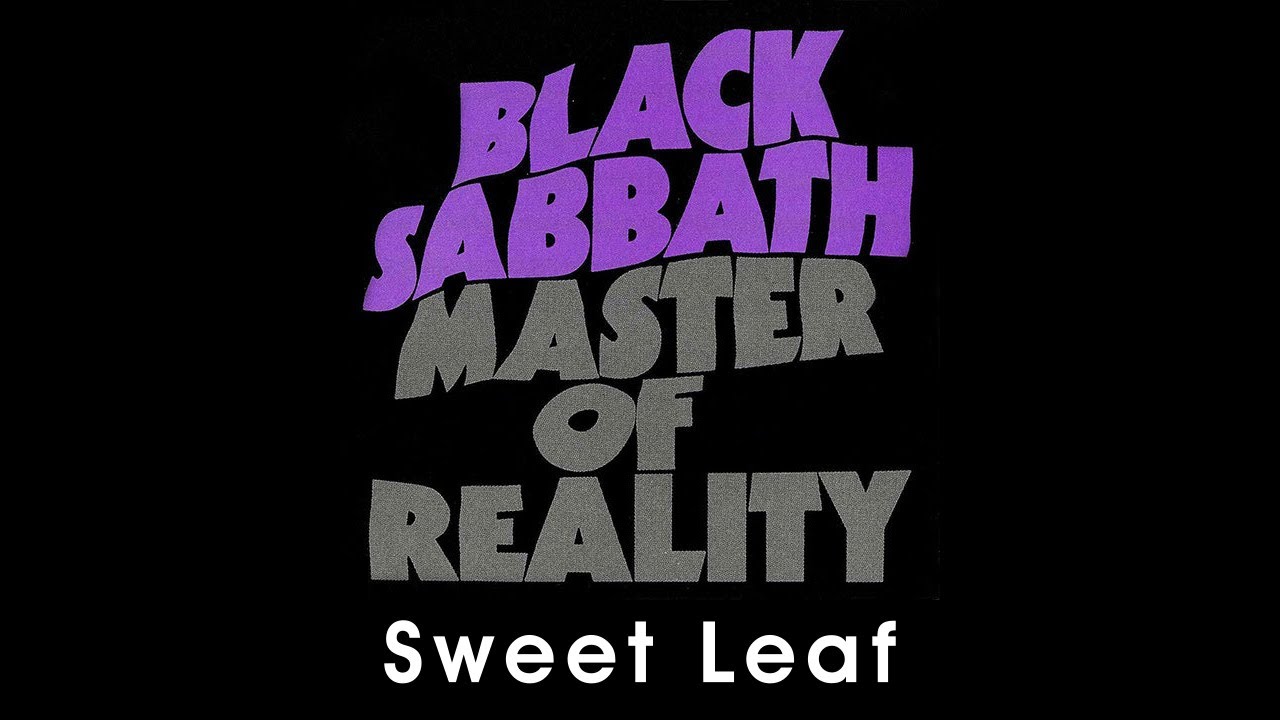






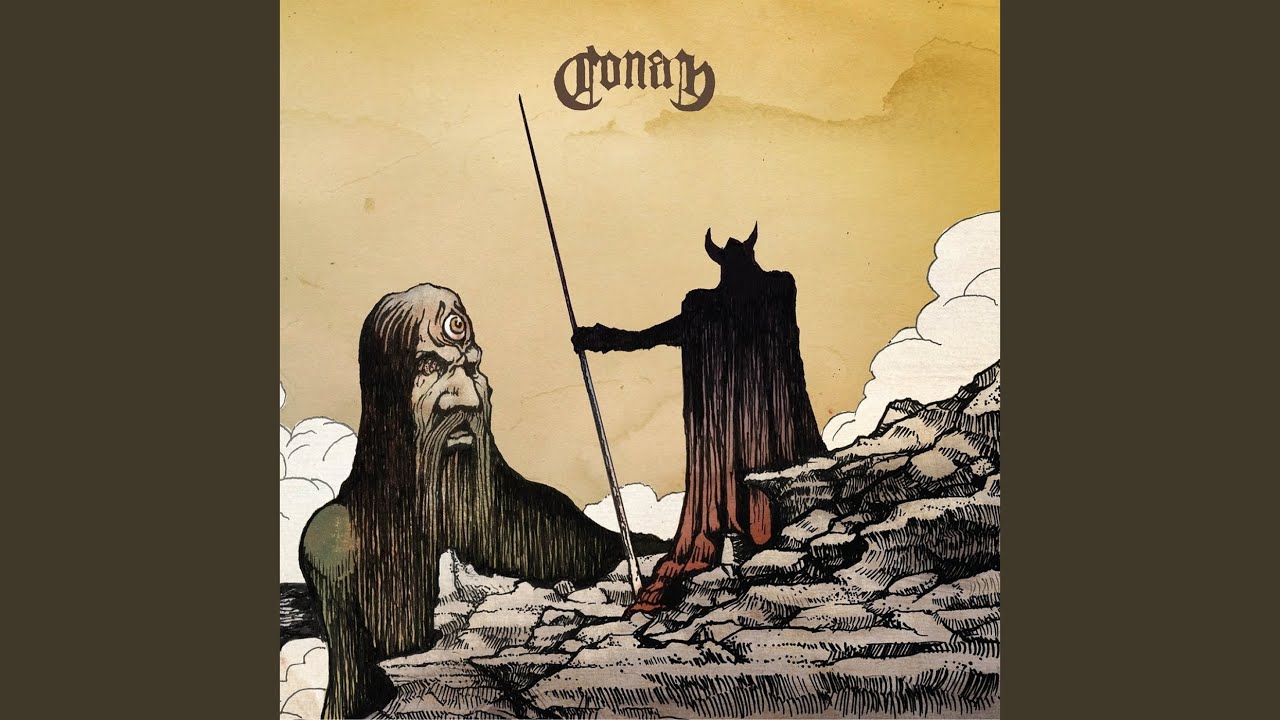

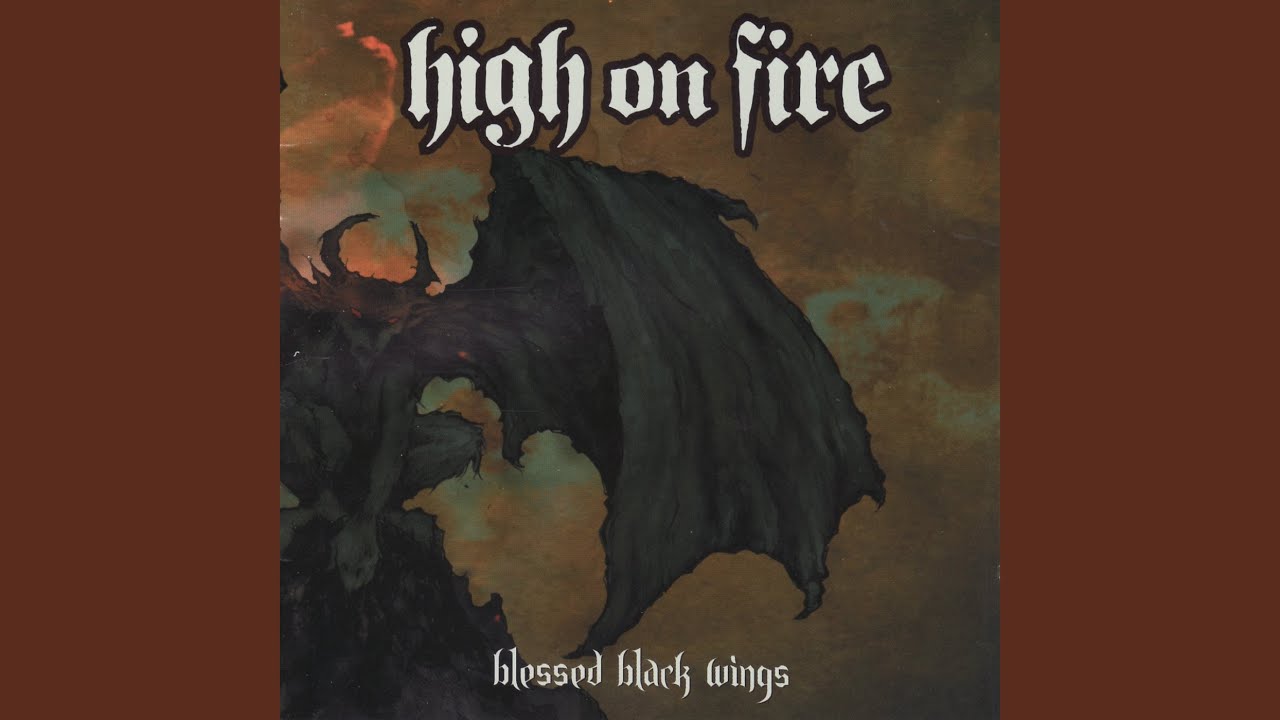







Common Lisp “solves” most language-level problems by providing metaprogramming capabilities via lisp-style macros. (Almost) any language feature you would want can be implemented with lisp macros, and many such features already have been. So you don’t have to worry whether or not lisp has “for i in…” loops, or pattern matching, or generics, or virtually anything else, because if it doesn’t, you can write it! Plus if it’s really a good feature somebody has probably already made a library for it (if it’s not already part of the standard).
One of the most extensive examples of this is Coalton, which is an ML-style statically typed EDSL for Common Lisp.
There are metaprogramming features in a few other languages: template haskell, C pre-processors, even macros in Rust or Julia. But these all fall very short of lisp-style macros because those languages are not (truly) homoiconic, which makes the macros awkward to write and integrate into the language. This kind of metaprogramming is rarely employed, and when it is only for heavy duty tasks, and even then is generally discouraged as a last resort/special circumstance. But lisp macros are very easy to write because it’s the same as writing any other piece of lisp code. This results in macros being used often for smaller lightweight abstractions in the same way you write a small function.
The other big pro of lisp is image based development. But that’s not so much solving a problem in other languages as it is simply a feature that they don’t (and pretty much can’t) have.
And all of this is done in a language with less syntactic and semantic primitives than almost any other language, including the other “simple” ones like Python, Ruby, Elixir, etc.